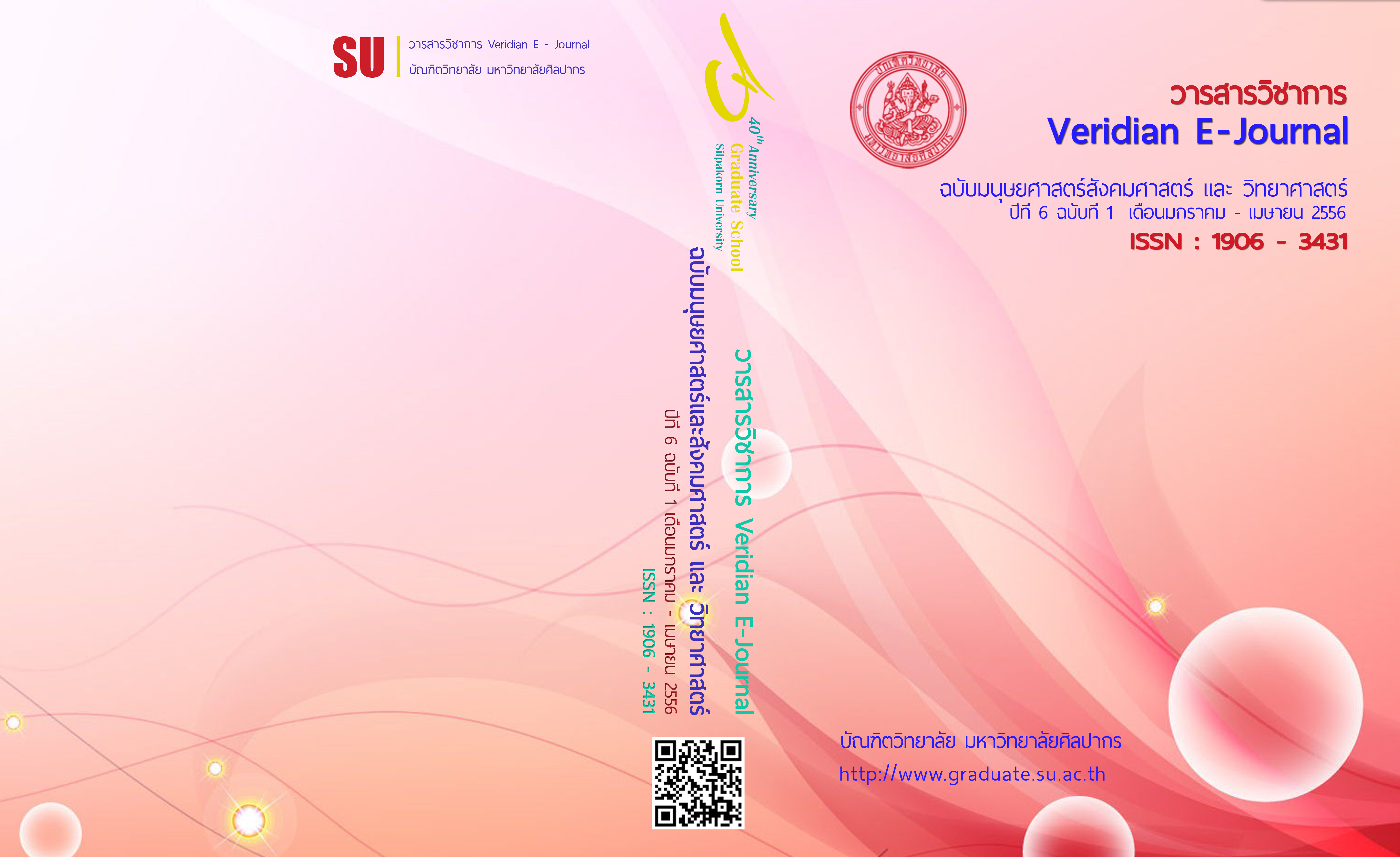อ่านความเป็นพลเมืองในรัฐธรรมนูญแห่งสหรัฐอเมริกา : บริบทเชิงนิติประวัติศาสตร์ และภาคปฏิบัติการทางการเมือง
Main Article Content
Abstract
บทคัดย่อ
รัฐธรรมนูญคือชุดของกฎกติกา (ทั้งเป็นและไม่เป็นลายลักษณ์อักษร) ซึ่งจัดวางความสัมพันธ์ทางอำนาจในสังคมการเมือง ในกรณีของสหรัฐอเมริกา รัฐธรรมนูญมิได้เป็นเพียงเอกสารทางกฎหมายเท่านั้น แต่ยังเป็นเสมือนเวทีซึ่งพลเมืองพยายามเข้าไปมีส่วนปฏิสัมพันธ์ในการกำหนดคุณค่าและสร้างความหมาย บทความนี้มีวัตถุประสงค์ในการศึกษาแนวคิดเรื่องพลเมืองในประวัติศาสตร์รัฐธรรมนูญของสหรัฐอเมริกา ซึ่งพบว่าความเป็นพลเมืองเปลี่ยนแปลงและก่อรูปขึ้นโดยประสบการณ์ภาคปฏิบัติทางการเมืองตั้งแต่ยุคอาณานิคมอเมริกา จนกระทั่งยุคขบวนการเคลื่อนไหวเพื่อสิทธิพลเมือง โดยข้อสรุปของบทความนี้ชี้ให้เห็นว่าความเป็นพลเมืองระดับชาติ เริ่มต้นในวงจำกัดด้วยการให้ความสำคัญกับศาสนาและการถือครองทรัพย์สิน และค่อยๆก่อตัวไปสู่ประชากรที่กว้างขวางขึ้นซึ่งคำนึงถึงเรื่องสิทธิและเสรีภาพของพลเมือง ในแง่นี้ประวัติศาสตร์อันยาวนานของความเป็นพลเมืองจึงปรากฏรูปแบบ 2 ประการ ประการแรกกลุ่มของพลเมืองต่อสู้เพื่อได้รับสิทธิพลเมือง ซึ่งรับรองและยอมรับสถานภาพโดยรัฐธรรมนูญแห่งสหรัฐ ประการที่สอง สำหรับประชาชนผู้ที่ได้รับการรับรองด้วยสิทธิพลเมืองแล้ว ยังต้องแสวงหาสิทธิเลือกตั้งเพิ่มขึ้นเพื่อบรรลุสถานภาพพลเมืองเต็มขั้น ดังนั้นแนวคิดพลเมืองในรัฐธรรมนูญแห่งสหรัฐจึงสะท้อนภาพการต่อรองระหว่างอำนาจต่างๆในสังคมการเมือง
Abstract
Constitution, both written and unwritten, is the set of values which defines power relations in a political society. In the case of the United States, the constitution is not only a legal document, but also similarly a platform that citizens attempt to engage in defining the values and meanings. The purposes of this article are to examine the idea of citizenship in the history of American constitution. It found that the citizenship idea had been developed through the experience of political practice from the colonial period to the era of civil rights movement. The article concludes that, at the national level, citizenship in the early years was exclusively concerned with the importance of religion and property conditions, and afterwards the citizenship was being gradually expanded to include the civil rights and liberties of the citizens. From this regards, the long history of citizenship manifests two patterns of citizenship: 1) the group of citizens who struggles for the civil rights recognized by the constitution of the United States. 2) Citizens whose civil rights have been recognized but still calling for voting rights in order to reach the full status of citizenship. Thus, the idea of citizenship in the constitution of the United States reflects the negotiations among powers in the political society.
